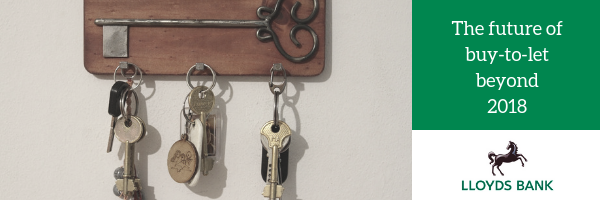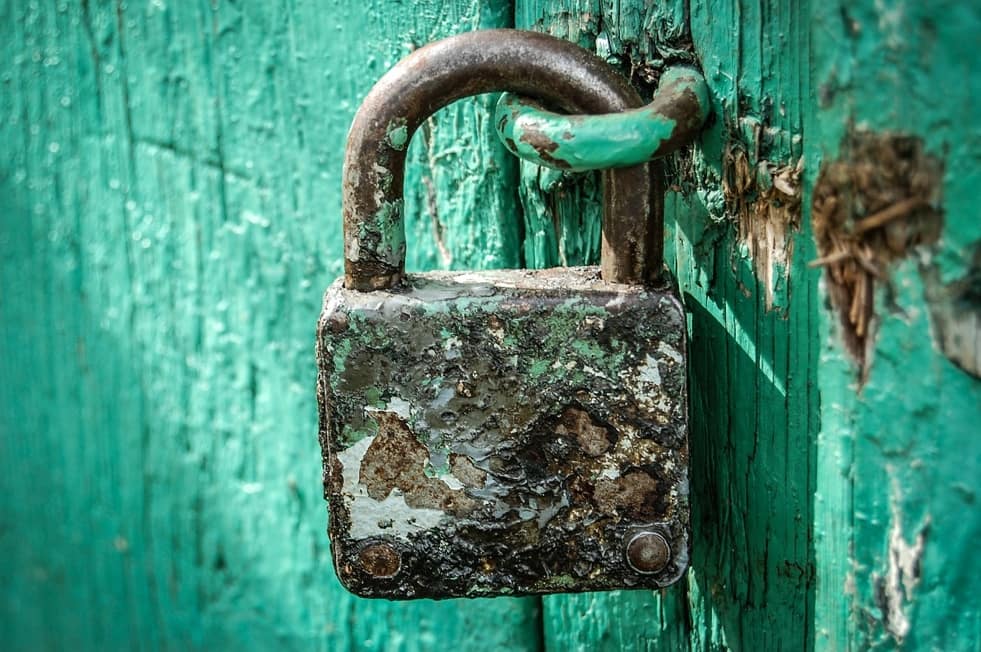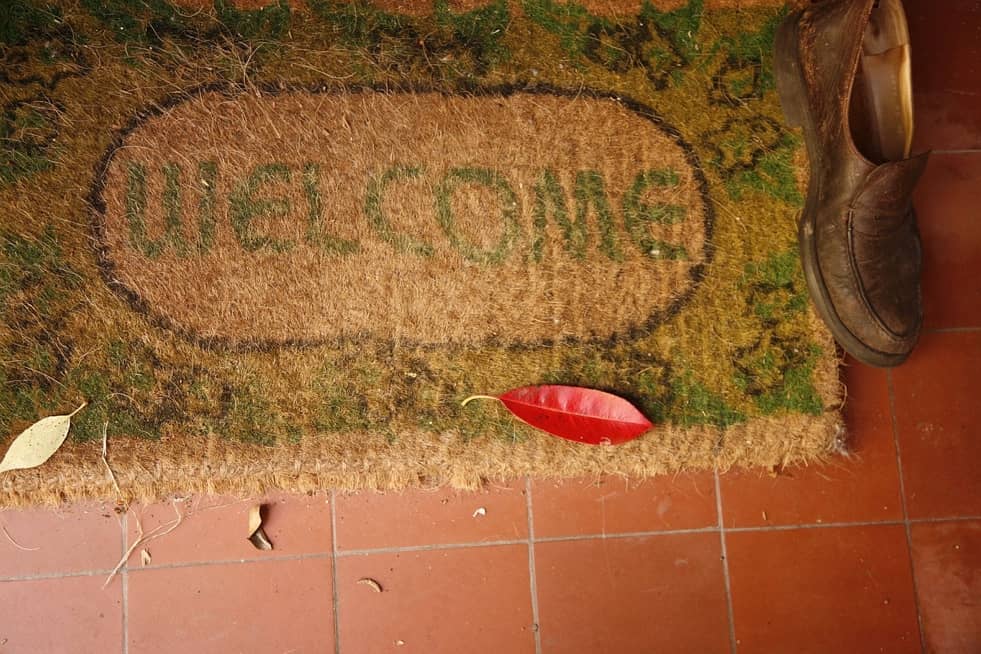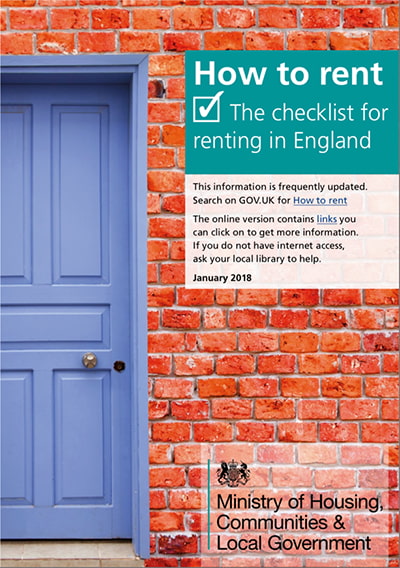Go paper-free
Amend paper-free preferences for your statements and correspondence.
There have been many changes for landlords in recent years but for those who research thoroughly, invest wisely and are willing to get their hands dirty; the buy-to-let market can still be a lucrative one.
The addition of higher stamp duty on second homes, along with the imminent withdrawal of higher rate tax relief on mortgage interest, has inevitably made things more difficult for landlords. But with challenges come opportunities.
Thanks to the 2016 tax changes there has been a reduction of landlords entering the market meaning that there is a shortage of rental properties available to meet demand.
In fact, according to the Royal Institution of Chartered Surveyors (RICS)external PDF, Opens in a new tab, by 2023 rents are likely to increase by 15% thanks to the lack of buy-to-let properties on the market.
So, if you're a landlord and you're worried about your future, remember that property investment has always been a long game. To be a success, buy the right properties, protect them adequately and look after your tenants along with your reputation.
Here are a couple of ways to help you achieve this and ensure that your rental income potential remains strong.

Investing in bricks and mortar has always been viewed as a safe bet when it comes to making money. While there’s no denying that buy-to-let isn’t the cash cow it once was, thanks to low interest rates and the wide variety of mortgages available, being a landlord is still a popular choice for many.

But how do you make sure that you invest in the right property if you're planning to become a landlord? Here are some top tips to help you make the right choice.
1. Do the numbers add up?
The primary purpose for most landlords is to make money by renting out a property. If this is your goal then before you do anything else, you should make sure that the numbers add up.
Many buy-to-let lenders will expect the rent to cover between 125% and 150% of your mortgage repayments. To get the best mortgage rates, a substantial deposit will be required.
And of course, you need to factor in arrangement fees, maintenance costs, and the implications of the property sitting empty for periods of time.
There is money to be made from buy-to-let, but you must invest wisely.
2. Research the market
When you’re considering which area to buy a property in it might seem obvious to buy in the area where you live. After all, you know the vicinity well, you can be on hand to help your tenant if there are any issues, and you know that it's an excellent place to live which will attract interest.
And while this does make perfect sense, you need to weigh up the pros and cons of taking this approach. Be mindful that if the price of property falls in your area, then you have two houses that are affected rather than just the one.
It may be better to search for other ‘up and coming’ areas so that you can buy more house for your money. Research the transport links, local schools and amenities in the area.
The more appealing your property is, the more likely you are to find a tenant prepared to pay the right price.
3. Buy with your target tenant in mind
Ultimately, your success as a landlord depends on your ability to rent out your property which will be made easier if you buy based on what your target tenant will be looking for.
Do you want to appeal to students? If so, then you should look for properties in areas which offer plenty of opportunities to socialise with pubs and restaurants within walking distance.
If you want to attract families then buying near good schools surrounded by lots of outdoor spaces that children will enjoy becomes top of the agenda. Families are also much more likely to rent a property that has a garden and a downstairs toilet which should be considered when buying a property.
Another popular target tenant for many landlords is the ‘young professional’. A property close to strong transport links with a good internet connection, simple décor and quality fixtures are a must.
Ultimately, you should always buy the property that your ideal tenant would like to live in, not what appeals to your tastes.
4. Understand the risks involved
It’s not a case of becoming a landlord and sitting back to watch the cash roll in. The buy-to-let business can be tough. You should be aware of the cons, as well as the pros, of being a landlord.
While mortgage rates are low right now, they’ll inevitably increase. Make sure that you can afford the repayments when the rates rise.
There are also lots of things that can go wrong when you rent out your property. Boilers can break, and pipes can leak. Bad tenants can even decide to trash your house leaving you with a hefty clean-up bill well after they've gone.
Although it's easy to think that these things will never happen to you, things can and do go wrong, and so you need to be prepared for all eventualities as a landlord.
The most effective way to protect your buy-to-let property is to ensure that you rent it out to those who are reliable and responsible. To help achieve this, you should perform tenant referencing checks. This involves identity and credit checks, as well as asking for an employer and previous landlord references.

As well as tenant referencing, here are some ways that you can look after your investment.
Tenancy Deposit Protection (TDP)
Tenancy Deposit Protection schemes are companies approved by the government. There are three government-backed tenancy deposit schemes that you can choose to use in England and Wales. These are:
Note: If you live in Scotland or Northern Ireland there are different TDP schemes available.
Initially, deposit protection schemes look as if they’re only intended to protect the tenant, but there are many benefits for landlords too.
To provide you with financial security, it’s recommended that you take a deposit from your tenant. Having this ensures that you won’t lose out financially if a tenant causes damage to your property or takes something that belongs to you.
Furthermore, TDP schemes offer additional protection by facilitating the process of dealing with deductions and disputes if needed. Fortunately, in most cases the TDP doesn’t need to intervene, in which case, the deposit is returned to the tenant on your behalf.
Rent guarantee insurance
When times get tough, even the most reliable tenants can find it difficult to pay their rent. Having a rent guarantee policy in place can protect you from being out of pocket if a tenant is unable to meet their rental commitments.
Landlord insurance
Perhaps the most important way to protect yourself as a landlord is to make sure you have the right insurance cover in place. Although landlord insurance isn’t a legal requirement, standard home insurance won’t provide you with all the protection you need. This could result in your policy being deemed invalid if you ever need to claim.

View your landlord insurance policy as a safety harness. Hopefully, you'll never need to use it, but the peace of mind of having it in place is invaluable.
The types of cover that your landlord insurance provides include:
Optional extras such as accidental damage insurance and legal expenses can be added to your policy if needed.
If you’re looking for flexible landlord insurance to protect your property and your tenants, then you can get a quick and easy online quote right now. It could take just minutes to get the cover you need to protect your buy-to-let.
To provide this service we work with Arthur J. Gallagher Insurance Brokers Limited, one of the UK’s largest insurance brokers.
It’s not just your property that you need to take care of. The best tenants are those that stay for the long-term, and you can help make this happen by prioritising your landlord responsibilities.

Here are some checks and certificates that you’re required by law to have in place.
Safety certificate
All gas equipment and appliances must pass an annual safety check which has been performed by a Gas Safe registered engineer. Your tenant should be given a copy of the gas safety check record when they move in or within 28 days of the check being completed.
Energy Performance Certificate (EPC)
Energy Performance Certificates include information about how much energy a property uses and how much this typically costs. They also offer advice on how to reduce energy consumption to help your tenant save money.
The EPC will rate your property’s energy efficiency from A (most efficient) to G (least efficient) and is a legal requirement for any properties being built, sold, or rented. The EPC remains valid for ten years.
To get your EPC, an accredited assessor must review your property and provide the certificate. You can find details of assessors in your area here:
Note: In Scotland, your EPC must be displayed somewhere within the property for your tenants to view easily.
Electrical certificate
To provide a habitable property for your tenant to live in it should be free from hazards and so meeting your electrical safety obligations is paramount.
Get a registered electrician to make sure that all electrical appliances, sockets and light fittings are safe before you rent out your property.
Note: There isn’t currently a requirement for electrical checks to be performed regularly unless your property is a House in Multiple Occupation (HMO), in which case you need an inspection every five years. However, it’s recommended that an electrician checks your property every couple of years.
Fire safety
By law, you must install smoke detectors and carbon monoxide alarms that are in working order on every floor of your property. Failure to do so could see you facing a £5,000 civil penalty.
Note: If your property is an HMO, you’ll need to have a proper risk assessment to confirm that your buy-to-let complies with fire safety regulations.
Trust plays a huge factor in the buy-to-let game. You need to have faith in your tenants to look after your property, and they need to be confident that you'll be there for them when they need you.

To build up and keep a reputation as a reliable and trustworthy landlord, there are some steps you can take.
Fulfil your maintenance and repair obligations
If your tenant has no hot water over the weekend or a pipe bursts in the middle of the night, you are the first person they’ll turn to. These interruptions can come at any time and are part of being a landlord. Always try to resolve any issues or faults sooner rather than later to maintain a good relationship with your tenants.
Remember though that if you need to gain access to your property, you’ll need to obtain permission from your tenants. Despite being the property owner, it's illegal for you to let yourself in. Without giving your tenants at least 24 hours' notice before you turn up, you could be accused of harassment resulting in prosecution.
Give your tenant a copy of the ‘How to rent checklist.'
You can either give your tenant a physical copy of the ‘How to rent checklist’, or you could email it to them. At each renewal of the tenancy agreement make sure that you provide the most recent version of the checklist.

Note: You only have to provide a copy of this checklist in England.
In Scotland, you must give your tenants a copy of the Tenant Information PackPDF opens in a new tab.opens in a new window.
In Northern Ireland, the Rent Book (PDF, 31 KB)PDF opens in a new window. must be given to tenants.
Register with the National Landlords Association (NLA)
Joining the National Landlords Association will help to enhance your credibility. You’ll also be able to keep up to date with the latest information and legislation which affects you as a landlord.
Take the first step to being a responsible landlord by getting your landlord insurance sorted today.
Whether you own one buy-to-let property or a whole portfolio, it's crucial that you protect them properly.
Don’t put off what can be done today. Buying landlord insurance couldn’t be easier. You can get a quick and easy quote online right now and get a quote within minutes that will provide you with all the cover you need.
To provide this service we work with Arthur J. Gallagher Insurance Brokers Limited, one of the UK’s largest insurance brokers.